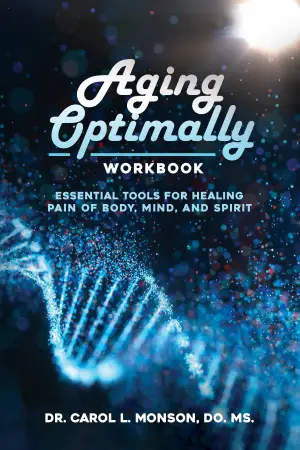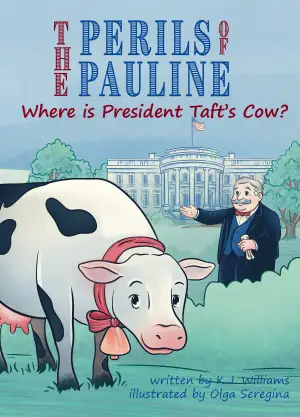Exploring Hope and Imagination in Judith Butler’s The Force of Nonviolence
Judith Butler’s The Force of Nonviolence: The Ethical in the Political caught my attention as I reflected on the complex emotions I felt listening to Yoko Ono’s and John Lennon’s iconic song “Imagine.” It seemed both painfully naïve and achingly hopeful, pushing me to envision a world free from violence and boundaries. Butler’s insights provided not just a fresh perspective but also a profound vocabulary to articulate the tension in those feelings I’d long wrestled with. As I dove into her work, I discovered a compelling framework that transformed my skepticism into a hopeful engagement with the realm of possibility.
At the heart of The Force of Nonviolence, Butler argues for a radical reimagining of how we coexist, advocating for a world built on radical equality and interdependence. This world, she suggests, challenges the individualism championed by liberalism, encouraging us to see our lives as interconnected. I found myself nodding along to Butler’s assertion that our perceptions of independence often blind us to the communal ties that bind us, creating a false sense of separation that leads to violence.
Butler’s writing is both articulate and evocative; her ability to intertwine ethical considerations with political insight is riveting. She deftly critiques the liberal ideal of free-standing individuals—particularly that archetypal adult male, privileged and self-sufficient. This dissection of identity struck a chord with me, especially when I thought about how many lives are rendered "not worthy of grieving." Butler deftly navigates this terrain, shedding light on how violence becomes legitimized by not recognizing the inherent ties we share with one another, be it through race, gender, or socioeconomic status.
What truly enamored me were Butler’s calls to embrace a non-instrumental vision of nonviolence—not merely as a strategic political tactic but as a radical possibility. She encourages us to dream vividly, as Ono and Lennon did, reminding readers that dismissing such dreams as childish or unrealistic shuts down the pursuit of a better world. “A better world is possible,” she insists, “do let us imagine it.” These words lingered with me long after I finished the book, echoing a sentiment that resonated deeply with my earlier encounters with “Imagine."
Yet, Butler’s work isn’t devoid of controversy. Some might argue that her approach is too abstract and disconnected from practical politics—offering visions without concrete action. This critique struck me as valid; it raises important questions about how dreamers like Butler relate to the doers in our political landscape. Nevertheless, troubling as it may be, I found great value in her insistence on imaginative thought. Sometimes, before forging paths in the realm of possibility, we need to rekindle our dreams first.
I’d recommend The Force of Nonviolence to anyone interested in exploring ethical dimensions in political discourse, especially those who appreciate a thoughtful challenge to conventional narratives. Butler brings forth a necessary reminder that amid the messiness of our realities, imagination can be our refuge and our fuel. Personally, this book rekindled my hope and pushed me to view the world not just as it is, but as it could be. In a time that often feels dominated by resistance and negativity, Butler’s reflections invite us to reconsider the power of our dreams and to embrace the imaginative possibilities within our grasp.
Discover more about The Force of Nonviolence: The Ethical in the Political on GoodReads >>






